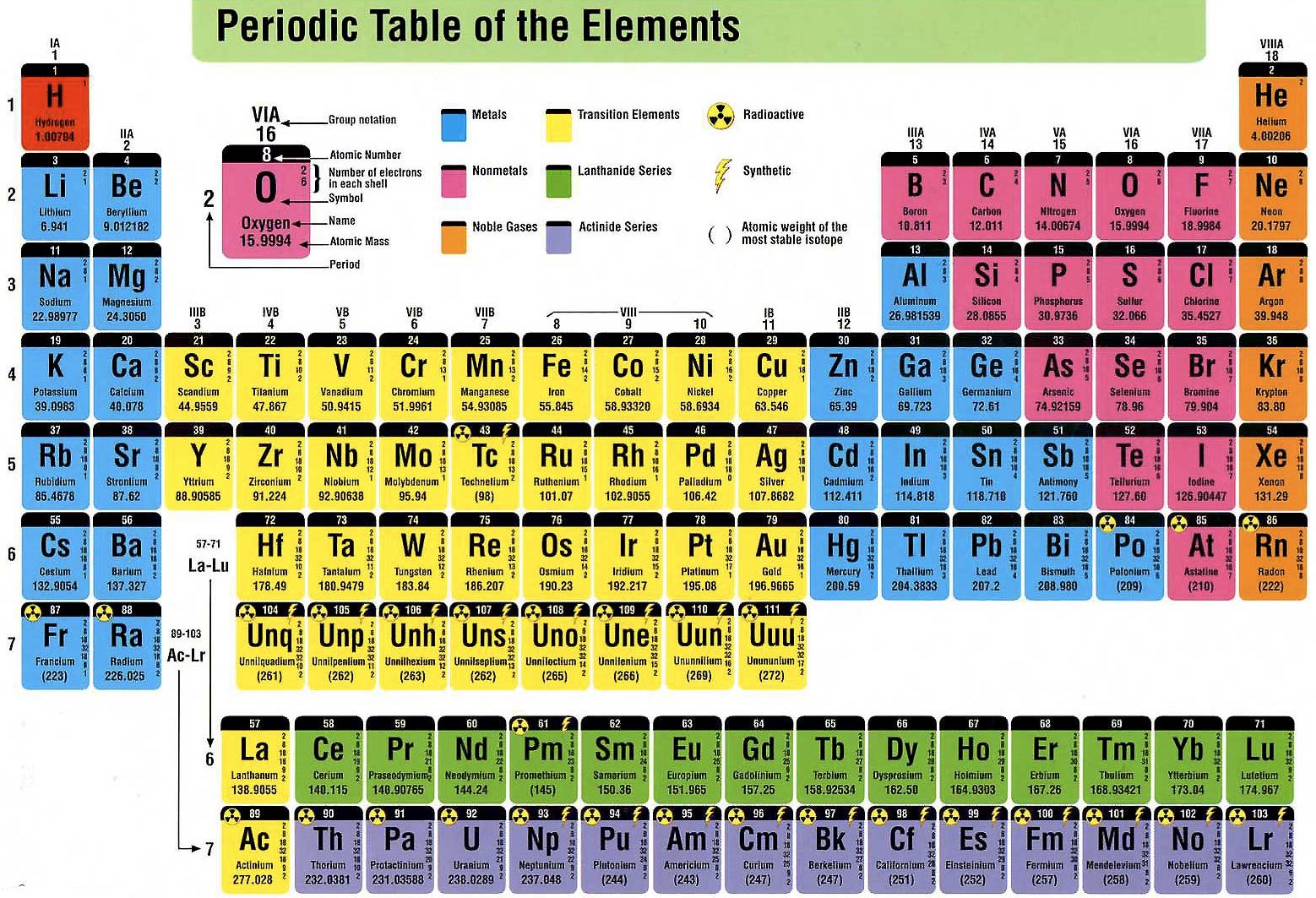International Scientific discussion concerning a possible form of bacteria that eats plastic.
A group of scientists in Japan have discovered a type of bacteria that can eat plastic, a finding that could help solve a problem fast growing plastic pollution in the world.
This particular battery is able to completely dissolve one of the most common types of plastic, polyethylene terephthalate famous or PET, for its acronym in English.
It is the type used for packaging bottled drinks, cosmetics and household cleaning products. In fact, it is the most common type of plastic and one that is destroying the lives of our oceans.
To find the bacteria come-plastic, Japanese research team from the Institute of Technology Kyoto and Keio University, collected 250 samples contaminated with PET, including sediment, soil and wastewater from a site recycling bottles plastic.
They then analyzed the samples to see if any microorganism was using PET and, eventually, found that only one species of bacteria was responsible for the degradation of PET, which they called bacteria Ideonella sakaiensis.
The findings, published in the journal Science, say Ideonella sakaiensis is able to break down the plastic by using two enzymes that hydrolyze the PET.
This discovery could actually be good news for the environment because potentially save the oceans and allow the breakdown of one of the materials that are destroying our planet imminently.
Read more
A report published by the central environmental protection ensures that only 14% of plastic containers reach the recycling process and that, if this continues, there will be more plastic than fish in the oceans by 2050.
Do you think that this discovery can make a difference? Write to Twitter account: @EstiloYahoo.
Source-
https://es-us.vida-estilo.yahoo.com/post/143172712523/bacteria-que-se-alimenta-de-pl%C3%A1stico-podr%C3%ADa-salvar
Y & Y’s client, Consumer Advocacy Group, Inc. and The Children’s Place agreed to a consent judgement in which The Children’s Place agree to virtually remove DEHP and DBP from its children’s footwear sold throughout North America.
On August 24, 2011 Consumer Advocacy Group, Inc. served The Children’s Place Retail Stores, Inc. with a sixty-day notice for alleged violations of The Safe Drinking Water and Toxic Enforcement Act of 1986 (Cal. Health & Safety Code 25249.5, et seq.) (“Proposition 65”) concerning footwear containing Di (2-ethylhexyl) Phthalate (DEHP) also known as Diethyl Hexyl Phthalate and Bis (2-ethylhexyl) phthalate, and Di-n-butyl Phthalate (DBP) also known as Dibutyl Phthalate. The State of California lists these chemicals as known to cause cancer (DEHP) and reproductive harm (DEHP & DBP). These chemicals were found in Children’s Sandals/Footwear (“Footwear”). On January 1, 1988 DEHP was placed on the Governors list of chemicals known to the State of California to cause cancer, and on October 24, 2003 The Governor added DEHP to the list of chemicals known to the State of California to cause developmental male reproductive toxicity. On Dec 2, 2005, the Governor of California added DBP to the list of Chemicals known to the state to cause developmental, female and male reproductive toxicity.
-An Exemplar of the violations caused by Footwear was identified as:
- Children’s Flip-Flops, size M (4-5), Pink with Polka Dots, White Straps.
Consumer Advocacy Group, Inc. also alleged The Children’s Place Retail Stores, Inc. caused occupational exposures in violation of Proposition 65 by allowing employees to handle the Footwear in the course of packaging, shipping, distributing, promoting, and selling Footwear without having first given clear and reasonable warning to such employees.
Additionally, Consumer Advocacy Group, Inc. alleged The Children’s Place Retail Stores, Inc. caused environmental exposures by not providing any Proposition 65-compliant warnings at their distributing, shipping, warehousing, and retail. The violations were alleged to occur each day between August 24, 2008 and August 24, 2011.
Specifically, in the consent judgment The Children’s place agreed to reformulate all children’s footwear to virtually eliminate the presence of DEHP and DBP (to less than 0.1%). While Proposition 65 is a California law, here is an example of how it has protected the public beyond the boundaries of the State, actually nationwide.
Sources
http://oag.ca.gov/system/files/prop65/judgments/2011-00812J1907.pdf
http://oag.ca.gov/prop65/60-day-notice-2011-00812


